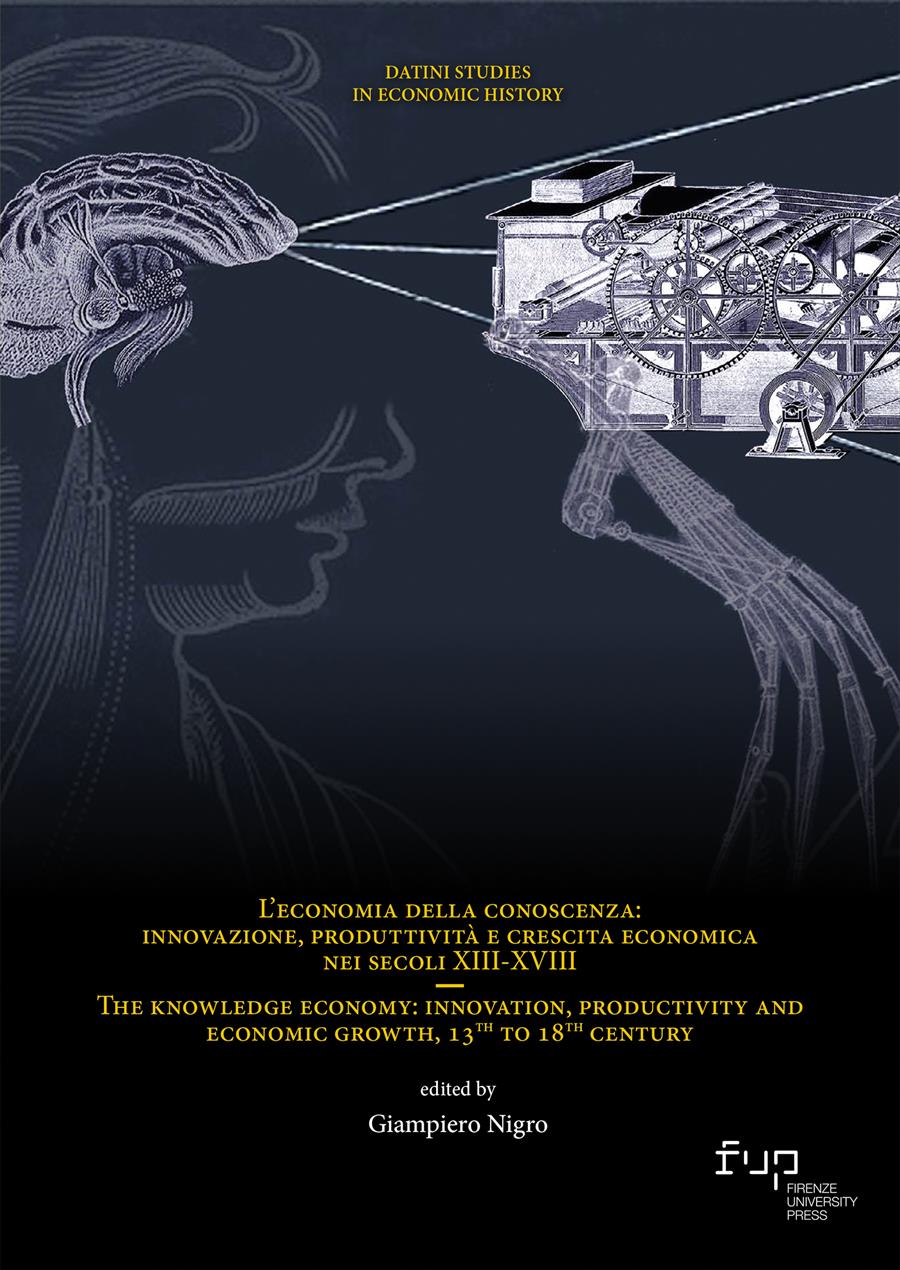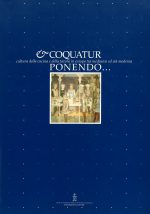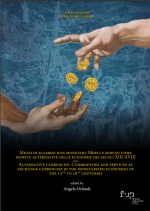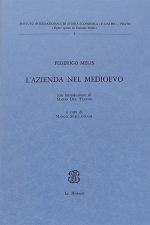ERIK AERTS, Le radici storiche dell’economia della conoscenza, p. 1
CARLOS LALIENA CORBERA, The knowledge economy in the preindustrial era, p. 5
LA CONOSCENZA UTILE E LA SUA DIFFUSIONE – ‘USEFUL KNOWLEDGE’ AND ITS DISSEMINATION
JULIA BRUCH, Transmission of useful knowledge in texts written by craftsmen. Two case studies from the Holy Roman Empire, p. 35
RAFFAELE DANNA, The spread of Hindu-Arabic numerals among practitioners in Italy and England (13th-16th c.): two moments of a European innovation cycle?, p. 59
SEIJI HORII, Promotion of high-quality textiles by prize competitions during the Enlightenment in Saxony. From raw material to finished product manufacturing, p. 89
HEINRICH LANG, «Li vostri che tenghono li libri non sanno tenere tanti chonnti». Useful knowledge and accounting as seen through the accountant’s lenses
and the logic of capitalism, p. 115
TANJA SKAMBRAKS, Tally sticks as media of knowledge in the contexts of medieval economic and administrative history, p. 137
CARLOS FERNANDO TEIXEIRA ALVES, Knowledge, economy, and university in the south of Europe at the end of the eighteenth century. The case of Salamanca and Coimbra, p. 159
MAARTEN PRAK, PATRICK WALLIS, Transferring useful knowledge. Quality mechanisms in European apprenticeship, p. 177
INNOVAZIONI NELLA TECNOLOGIA, NELLA PRODUZIONE E NEL COMMERCIO – INNOVATIONS IN TECHNOLOGY, PRODUCTION, AND COMMERCE
FABRIZIO ANTONIO ANSANI, Le conseguenze economiche dell’innovazione bellica. La produzione di «artiglierie alla francese» a Firenze tra Quattro e Cinquecento, p. 195
MARKUS A. DENZEL, Bookkeeping as a ‘key technology’ of pre-modern commerce. Its relevance for the economic development in Europe, p. 209
MÅNS JANSSON, GÖRAN RYDÉN, The œconomia of iron and steel. Material transformations, manual skills, and technical improvementin early modern Sweden, p. 237
NICHOLAS R. AMOR, The origins of the putting-out or domestic system of industrial production in England, p. 263
JORAN PROOT, The economic revolution in book design that went unnoticed: changing paper thickness in folios, quartos and octavos. The case of the Southern Netherlands, 1473-c. 1550, p. 287
ANDREA OTTONE, Market assessment and risk prediction: resources and know-how of a seventeenth-century bookseller of Venice coping with competition, p. 315
PRODUTTIVITÀ E CRESCITA ECONOMICA – PRODUCTIVITY AND ECONOMIC GROWTH
DIDIER BOISSEUIL, La production d’alun en Occident: l’essor d’une industrie nouvelle à la fin du XVe siècle, p. 333
SANDRA DE LA TORRE GONZALO, Management and governance of the kingdom’s finances. Financial literacy as useful knowledge in late-medieval Aragon (1365-1515), p. 352
RICHARD W. UNGER, Ships, shipping, technological change and global economic growth, 1400-1800, p. 373
YULIA ALTUKHOVA-NYS, Productivity? – Yes, but subject to sustainability! An evidence of (re)emergence of accounting for sustainability from the French agricultural authors from the XVIIth to the beginning of the XIXth centuries, p. 395
TAVOLA ROTONDA – ROUND TABLE
CARLOS LALIENA CORBERA, Useful knowledge, technological innovation and economic development in the European ceramic industries, 14th-18th centuries, p. 419
MARKUS A. DENZEL, Round Table comment: From «useful knowledge» to a «culture of growth», p. 431
RICHARD W. UNGER, Round Table comment, p. 435
Abstract, p. 439




